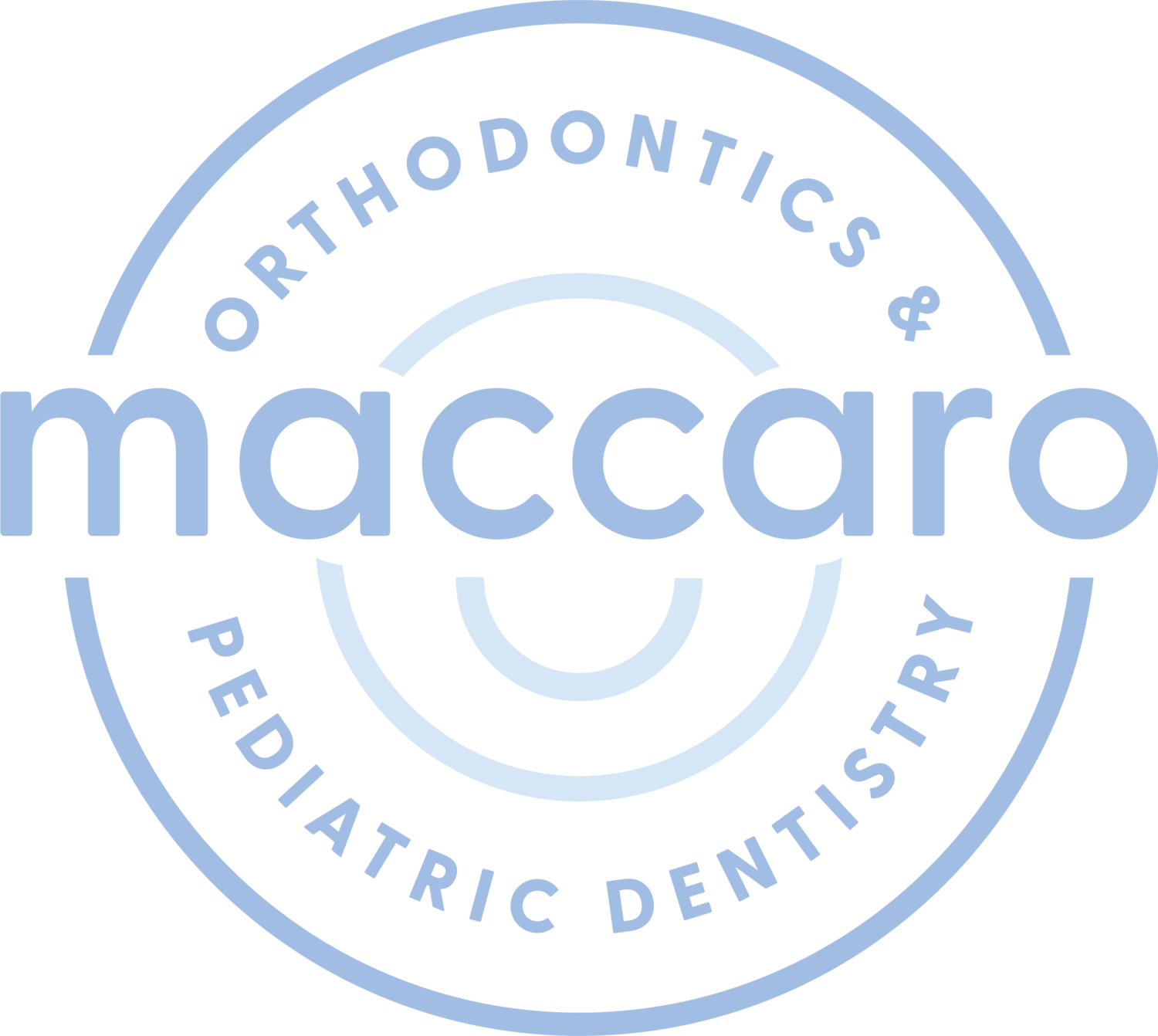Promoting Healthy Jaw Development: The Benefits of Pediatric Dentistry and Orthodontics for Teeth Grinding
Teeth grinding, known as bruxism, is a common concern among children that can impact their oral health and jaw development. Understanding the significance of pediatric dentistry and orthodontics in addressing teeth grinding not only alleviates immediate discomfort but also contributes to fostering healthy jaw development.
Understanding the Impact of Teeth Grinding
Teeth grinding often occurs involuntarily, commonly during sleep, and can lead to various oral health issues if left unaddressed. The continuous grinding or clenching of teeth places excessive pressure on the jaw, wearing down tooth enamel and potentially causing tooth sensitivity, pain, headaches, and jaw soreness. Persistent bruxism can affect jaw alignment, leading to improper development and alignment of the teeth, impacting a child's bite and overall oral health. Teeth grinding can eventually result in tooth loss and even damage to the temporomandibular joint (TMJ). While occasional bruxism may not be a cause for concern, chronic teeth grinding can have serious consequences. Understanding the impact of this condition is crucial in preventing and addressing any potential issues. One of the main impacts of teeth grinding is on oral health.
The Role of Pediatric Dentistry in Managing Bruxism
Pediatric dentistry plays a pivotal role in addressing teeth grinding among children. Pediatric dentists specialize in diagnosing and treating oral health issues specific to young patients. They conduct thorough examinations to identify signs of bruxism and offer tailored solutions to alleviate the effects of teeth grinding. Recommendations may include custom mouthguards to protect teeth, behavior modification techniques, and guidance on stress reduction methods to manage bruxism effectively. Bruxism, commonly known as teeth grinding, is a common condition in children that often goes undiagnosed. It involves clenching or grinding of the teeth during sleep or even while awake. Bruxism can lead to several dental problems such as tooth wear, enamel damage, and headaches.
Orthodontics' Contribution to Healthy Jaw Development
Orthodontics focuses on correcting dental and jaw misalignments, which are often exacerbated by teeth grinding. Orthodontists possess expertise in assessing and treating malocclusions and misalignments resulting from bruxism. Through the use of orthodontic appliances like braces, retainers, or other corrective measures, orthodontists help realign teeth and jaws, contributing to healthy jaw development and preventing long-term oral health complications associated with bruxism. Bruxism, or teeth grinding, is a common condition that affects both children and adults. It often occurs during sleep or periods of stress and can cause significant damage to the teeth and jaw if left untreated.
Promoting healthy jaw development in children necessitates proactive care and intervention, particularly in managing teeth grinding. By addressing teeth grinding early through specialized care, parents can ensure optimal oral health and proper jaw development for their children.
Contact our trusted pediatric dentistry and orthodontics experts today to schedule a comprehensive evaluation for your child's teeth grinding. Let us provide personalized solutions and expert care to promote healthy jaw development and prevent long-term oral health complications.
